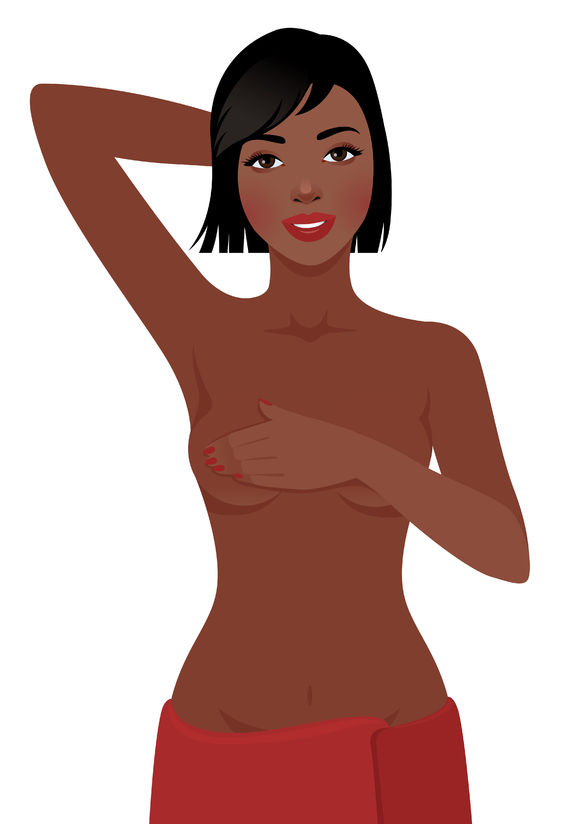When you hear that breast cancer kills an estimated 500,000 women every year, don’t you think it’s time to find out about the signs to look for, just in case the worst happens?
October is Breast Cancer Awareness Month and its importance cannot be underestimated, especially when you consider the results of a new survey by Avon, which involved 19,000 women, that showed 42% of us have no idea about what changes in our breast could be a sign of cancer. Worryingly, a quarter of those survey thought that only a lump in the breast could be a sign of breast cancer that they could identify without using medical equipment.
This dangerous knowledge gap was discovered by Avon as part of their commitment to educating women about the disease, and the survey is the first stage.

While previous awareness campaigns mean 73% of women do look out for changes to their breasts, the problem is that they don’t really know what they should be looking for. There are in fact a number of common symptoms of breast cancer that we should be looking out for.
According to the NHS Choices, you should see your GP is you notice any of the following:
- a new lump or area of thickened tissue in either breast that was not there before
- a change in the size or shape of one or both breasts
- bloodstained discharge from either of your nipples
- a lump or swelling in either of your armpits
- dimpling on the skin of your breasts
- a rash on or around your nipple
- a change in the appearance of your nipple, such as becoming sunken into your breast
It’s also important to note that pain in the breast isn’t usually a symptom of breast cancer.
The prevalence of this disease is very worrying, but there are a number of lifestyle choices that we can make to help reduce the risk of developing breast cancer. For example, regular exercise could greatly reduce the risk of developing the disease while alcohol consumption is linked to a higher risk of breast cancer.
A spokesperson for Avon’s breast cancer research, said: “These figures show just how much work still has to be done in raising awareness of breast cancer, particularly its signs, risks and how to act on concerns about it. Awareness is essential, since it ensures that breast cancer is detected at an early stage. Early detection is the most effective way of saving lives, it is crucial to tackling breast cancer.”
Find out more about Avon’s Breast Cancer Crusade.












